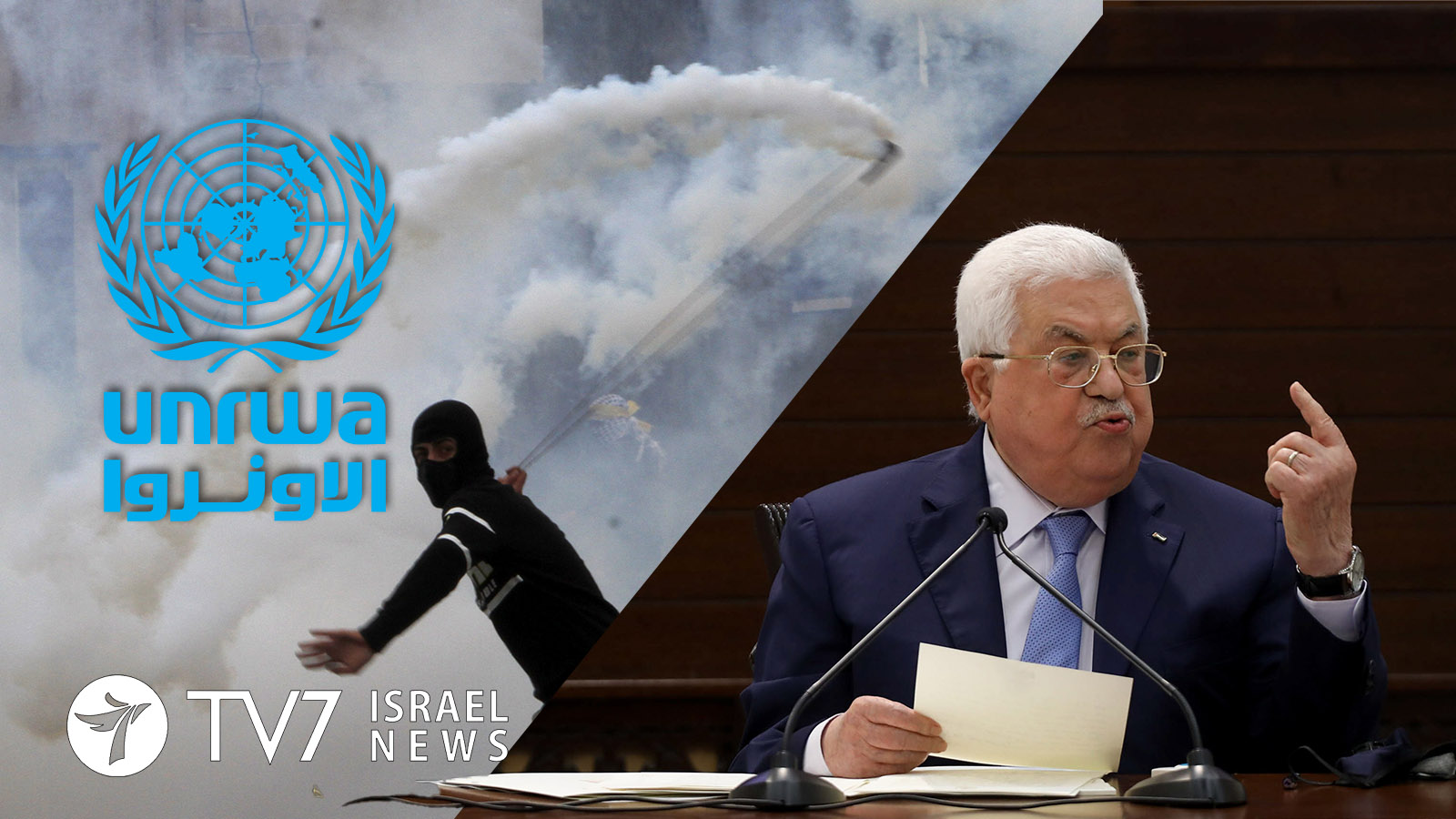The United Arab Emirates does not plan to resume funding to the United Nations Relief and Works Agency (UNRWA) for Palestinian refugees, which it suspended last year.
According to statements from a UAE government official, financial support of the agency will not be renewed until steps are taken to manage monetary matters more efficiently. “We are in dialogue with UNRWA’s leadership on how to enhance effectiveness of aid,” Minister of State for International Cooperation Reem al-Hashimy told Reuters this week.
The Gulf state gave UNRWA $50 million in 2019 and $20 million in 2018.
Hashimy underscored that suspension of support was not linked to the UAE’s normalization of ties with Israel under a U.S.-brokered deal in September 2020.
“COVID was a revealing time and led us to push the reset button. We believe that we have a moral responsibility but not under the same mechanism,” she said, adding, “We want to see how international organizations are revising their approach – we are looking for more efficacy, and a wiser way of utilizing funds.”
UNRWA has long faced allegations of mismanagement. The US, its biggest donor nation, cut off aid of more than $300 million in 2018 after Washington deemed UNRWA as an “irredeemably flawed operation.” According to a statement from the US State Department at the time, “the fundamental business model and fiscal practices that have marked UNRWA for years – primarily UNRWA’s endlessly and exponentially expanding community of entitled beneficiaries – was deemed by the Trump administration as “simply unsustainable.”
The US criticism was leveled due to UNRWA’s practice that enables Palestinians to pass “refugee” status down through the generations, unlike any other group in the world. In 1949, the United Nations estimated there were 726,000 Arabs in pre-State Israel, who were registered as “refugees.” That number ballooned to 5 million in 2014, and there are now 5.7 million Palestinians in Jordan, Lebanon, Syria, the West Bank and Gaza entitled to UNRWA benefits.
The Palestinians are also the world’s only people to which a singular UN agency is exclusively devoted.
UNRWA has faced a budgetary crisis since the severance of US aid, which the administration of President Joe Biden has indicated is expected to resume, at least partially.
In related developments, leaders of rival Palestinian factions are once again trying to bridge deep rifts. Representatives of Palestinian President Mahmoud Abbas’s Fatah faction, which governs the West Bank headquartered Palestinian Authority, met in Cairo yesterday for the latest round of Egyptian-brokered reconciliation talks with their bitter rival Hamas, the armed Islamist movement that controls Gaza and opposes any negotiations with Israel.
Egypt has tried in vain for 14 years to resolve long-standing internal divisions ahead of planned Palestinian parliamentary elections on 22 May and a presidential vote on 31 July.
No Palestinian elections have been held in Gaza, the West Bank and East Jerusalem for 15 years.
It is also believed that representatives of Gaza’s Palestinian Islamic Jihad (PIJ) terror group were among a dozen of other factions to attend the Cairo talks. The PIJ boycotted the 1996 and 2006 elections, but Palestinian sources say it is now deliberating on whether to participate in the next balloting.
Deeply-rooted mistrust between the competing Palestinian groups has led to dispute over the electoral process, and there is widespread public skepticism as to whether the vote will even happen. Many feel the announcement may have been an empty gesture by Abbas intended to display his “democratic credentials” to the new administration of President Biden, with whom Abbas wants to reset relations after having dropped to an all-time low under Trump.
There are reportedly 2.8 million eligible voters in Gaza and the West Bank, more than 80% of whom have so far been registered with the Central Election Commission. Palestinian voting age is 18 years old.
The last ballot in 2006 ended in a surprise win by Hamas in its first parliamentary elections. That set up a power struggle between Hamas, with its power base in Gaza, and Fatah in the West Bank. Following a bloody internecine war, Hamas seized control of Gaza in 2007.
